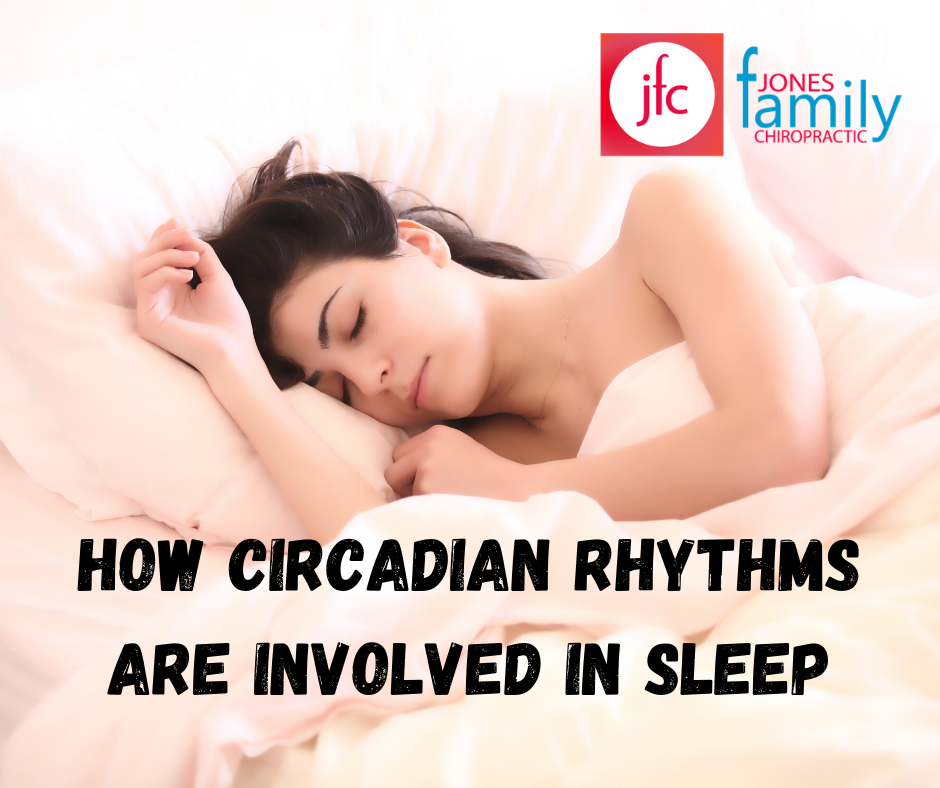Podcast: Play in new window | Download

Have you ever noticed that you naturally experience different levels of alertness and sleepiness throughout the day? This is mainly caused by two factors- your sleep/wake homeostasis and your circadian rhythm/ body clock.
When you stay awake for a long time, your sleep/wake homeostasis tells you that a need for sleep is accumulating and it is time to sleep. In addition, it helps you get enough sleep throughout the night to make up for the debt. This way, you get a balance between sleep and wakefulness.
Your circadian rhythm on the other hand regulates the timing of your period of sleepiness and wakefulness throughout the day. It dips and rises at different periods of the day.
As an adult, you tend to fall deeply asleep between 8:00pm – 12:00 am, and in the afternoon you have the strongest sleep drive between 1:00 – 3:00 pm. However, this largely depends on whether you are an “evening person” or a “morning person.”
Besides, the sleepiness you’ll be experiencing during this circadian dip will be more intense if you are sleep-deprived, and less intense if you had sufficient sleep.
Your circadian rhythm also makes you more alert at some points during the day, and this is irrespective of whether you stayed up for many hours. But your sleep/wake restorative process would make you feel sleepy instead.
How the Circadian Rhythms are involved in Sleep
The circadian rhythm is directed by a group of cells called Suprachiasmatic Nucleus (SCN) located in the hypothalamus of the brain. These cells are sensitive to signals of light and darkness. And this sends a message from the optic nerve to the SCN, and then to the internal clock that it’s time to wake up.
The SCN sends signals to different parts of your brain that controls body temperature, hormones, and other functions that control alertness or sleepiness.
So as you expose yourself to light in the morning, the SCN sends signals to produce hormones like cortisol and raise body temperature. It also slows down the release of melatonin, which is a hormone involved in sleep onset.
However, as the light dies down in the evening, the eyes signal to the SCN that is dark, and melatonin levels begin to rise, thereby promoting sleep.
But if you disrupt your circadian rhythm, maybe a “jet lag,” it causes conflict with your natural sleep pattern. And this shift in time and light cues your body to adjust. This phenomenon is the main reason why a lot of travelers feel, think, and perform poorly.
Not only in travelers, but these symptoms can also occur in everyday life if keep long and irregular hours. That is more reason why you need to always ensure you keep a regular sleep schedule.
Ideal Bedtime
Your body expresses your circadian rhythm every day, and this goes on whether you sleep or not. So, it is wise to try to adjust your bedtime consistently with your body’s internal clock.
You’ll know when you are aligned with your internal clock when the following happens:
- You easily fall asleep (less than 20 minutes)
- You get 7-9 hours of full night’s sleep
- You get 20-25% REM sleep
- You don’t feel restless during the night
- You feel well-rested when you wake up
You can keep your alarm off for a few days to identify your circadian rhythm more quickly. Observe your body’s natural wake time for a week or so and check how you feel.
When you allow plenty of time for quality sleep, it allows both your sleep/wake restorative process and your circadian rhythm to help you perform at your best.
You can consult Dr. Jason Jones at our Chiropractic office at Elizabeth City NC to get the best recommendation on your sleep pattern to help you maintain a regular circadian rhythm.
